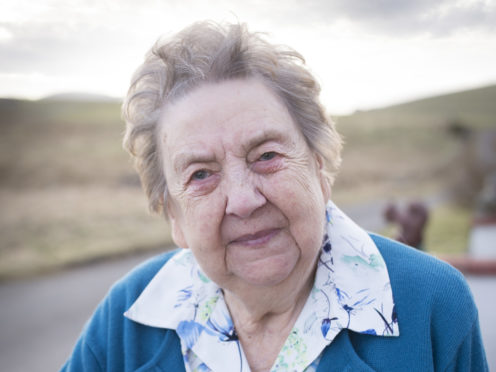
Most Scots fear older people are suffering from loneliness through the coronavirus pandemic, according to a new poll.
It comes as the Campaign to End Loneliness publishes a paper calling for urgent action by government, health bodies, funders and service providers to tackle the issue.
The Survation poll of more than 1,000 Scots found 81% are concerned about people aged 65 or older being lonely.
Kate Shurety, executive director of the campaign, said: “If the issue is not adequately addressed in every UK community, we are concerned that there could be a timebomb being set that will impact more broadly on mental and physical health services.
“Pre-Covid-19, it is estimated that there were 1.2 million older people already experiencing chronic loneliness.
“With ongoing restrictions affecting people’s ability to meet up with friends and family, our poll suggests millions more are struggling with feelings of loneliness.”
She added: “There is not a one size fits all approach to reducing chronic loneliness but our report illustrates how, when used together, effective services and interventions from health services, government and charities – including those adapted to Covid times – can help make a real difference to many people’s lives in every community.”
The survey shows 57% are concerned they will not be able to see older family members for fear of putting them at risk, increasing the risk of loneliness over Christmas and other religious festivals for these people.
Just over a quarter – 26% – are worried about being alone during the festive period.
The Campaign to End Loneliness’ Promising Approaches Revisited report highlights the impact of chronic loneliness on older people across the UK.
This includes its effects on mental and physical health, which it says increases the likelihood of death by 26%.
It said it is vital there is continued investment in action to reduce loneliness and that these are linked up across all government departments.

Enjoy the convenience of having The Sunday Post delivered as a digital ePaper straight to your smartphone, tablet or computer.
Subscribe for only £5.49 a month and enjoy all the benefits of the printed paper as a digital replica.
Subscribe